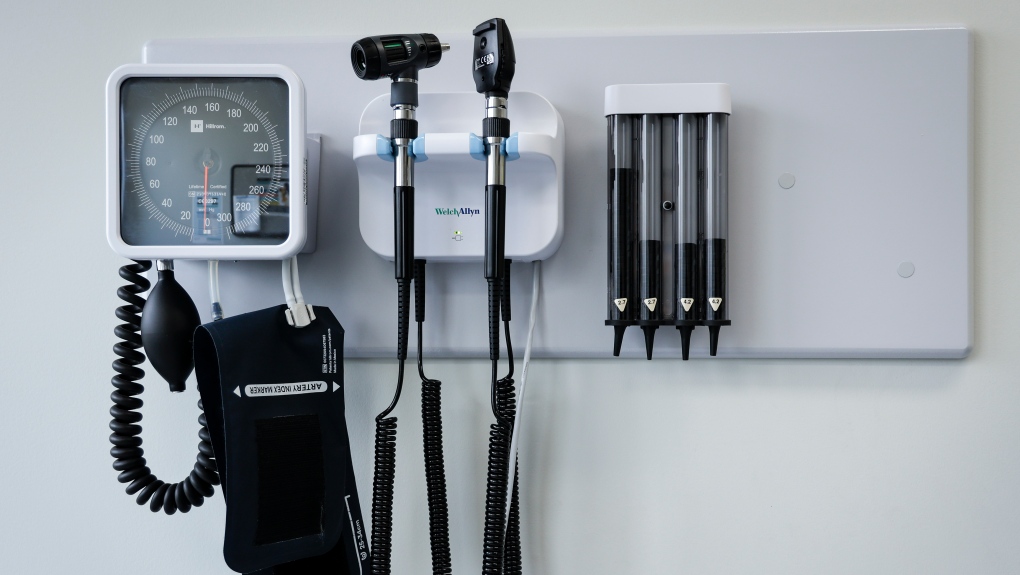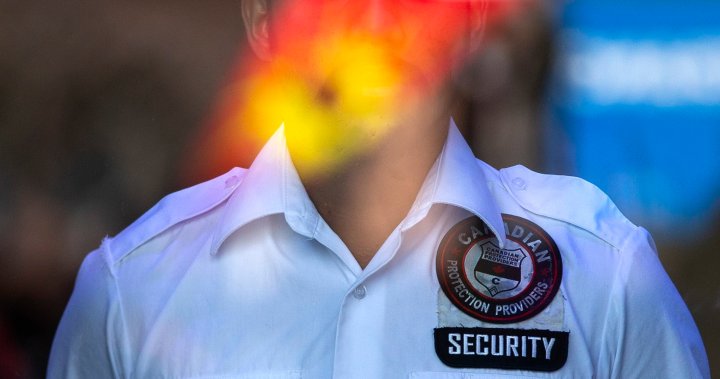TORONTO —
The powerful lyrics and storytelling in American rapper Logic’s song, 1-800-273-8255, is credited with increased calls to the U.S. National Suicide Prevention Lifeline (1-800 273-TALK) and a corresponding decline in suicides in the U.S. following three public events that garnered the most attention for the song, according to a new peer-reviewed study published in The BMJ.
The song is about someone in suicidal crisis, and begins with Logic expressing that hopelessness. It is followed by Canadian singer-songwriter Alessia Cara responding with empathy and a positive message of hope, and ends with Logic singing about persevering and a desire to live. The song also features American music artist, Khalid.
The accompanying music video follows the life of a young Black man struggling with disapproval and bullying for being gay, trying to find acceptance and contemplating suicide, before reaching out to Lifeline with a phone call. The video ends years later, when he has found love, happiness, and acceptance.
The influential effects of the song illustrate the positive impact popular media can have on vulnerable and hard-to-reach groups experiencing thoughts of suicide, researchers say.
The observational study, led by Thomas Niederkrotenthaler at the Medical University of Vienna, assessed the changes in daily call volumes to the hotline before and after the song was released, the 2017 MTV Video Music Awards, and the 2018 Grammy Awards – the three periods when the song generated some of its most intense public attention.
An exhaustive dataset for Twitter that looked at all specific mentions of the song geolocated to the U.S., excluding malicious bots, was used to obtain estimates on audience attention and the impact period.
It found that, in the 34 days after these three events, Lifeline received 9,915 more calls than it normally did, or a 6.9 per cent increase over what would normally be expected. There were also 245 fewer deaths by suicide, or 5.5 per cent fewer than expected.
“In my mind, I was like, ‘Man I wasn’t even trying to save anybody’s life,'” Logic, born Sir Robert Bryson Hall II, said in a video about the song. “And then it hit me — the power that I have as an artist with a voice. I wasn’t even trying to save your life. Now what could happen if I actually did?”
The song, which peaked at number three on the U.S. Billboard charts in September 2017, was also linked to a nearly 10 per cent rise in Google searches for Lifeline in the 28 days that followed its release, and had over a billion streams on Spotify by the end of 2020, researchers noted. The official music video has been viewed more than 431.78 million times on YouTube.
“Logic’s song likely represents the broadest and most sustained suicide prevention messaging directly connected to a story of hope and recovery in any location to date and is thus a serendipitous event for research,” the authors, which included researchers from Austria, U.S., Canada, and Australia, wrote.
A “dummy variable” that accounted for the release of 13 Reasons Why, a Netflix show that generated intense criticism at the time of its release for not adhering to media recommendations for safe depictions of suicide was also included, researchers said. Previous research found that show was associated with a 5.5 per cent increase in suicides in the U.S. among those between the ages of 10 and 19.
Researchers also took into account World Suicide Prevention Day, and suicides by famous people during the period before the song’s release up to the end of the of December 2018, as additional variables, including the deaths of Chris Cornell, Kate Spade and Anthony Bourdain. The researchers found that the overall patterns for the suicides by celebrity figures were largely consistent with previous research in terms of influence and impact.
“Previous peaks in calls to Lifeline were almost always associated with harmful media events, such as celebrity suicides,” researchers wrote, but noted there is little or only limited research that evaluates the positive effects.
“Our finding of a substantial increase in actual help-seeking and a possible decrease in suicides during the period of high public attention to Logic’s song support the real world effectiveness of this intervention.”
The authors noted there are some limitations to the study, including whether the song had any effect beyond the period with the greatest attention, and the fact that social media data may not fully capture how many people actually listened to the song.
“Logic has shown the potential of creative arts to communicate constructive coping strategies for people in mental distress,” Alexandra Pitman, an associate professor in psychiatry with University College London, wrote in an editorial in the same issue of The BMJ.
“Future plans for similar interventions should attempt to measure attitudes to suicide in the target audience to help us understand the mechanisms of action. Until then, the commitment of key cultural influencers is welcome to help amplify public health interventions intended to strengthen protective factors against suicide in specific vulnerable groups.”
If you or someone you know is in crisis, here are some resources that are available.
Canada Suicide Prevention Helpline: 1-833-456-4566
Centre for Addiction and Mental Health: 1 800 463-2338
Crisis Services Canada: 1-833-456-4566 or text 45645
Kids Help Phone: (1-800-668-6868)
Embrace Life Council hotline: 1-800-265-3333
Trans Lifeline: 1-877-330-6366
If you need immediate assistance call 911 or go to the nearest hospital.





More Stories
‘Learn to walk again’: Sask. doctor tells story of miracle recovery from deadly heart condition
Canadians more likely to eat food past best-before date. What are the risks? – National | Globalnews.ca
What a urologist wants you to know about male infertility